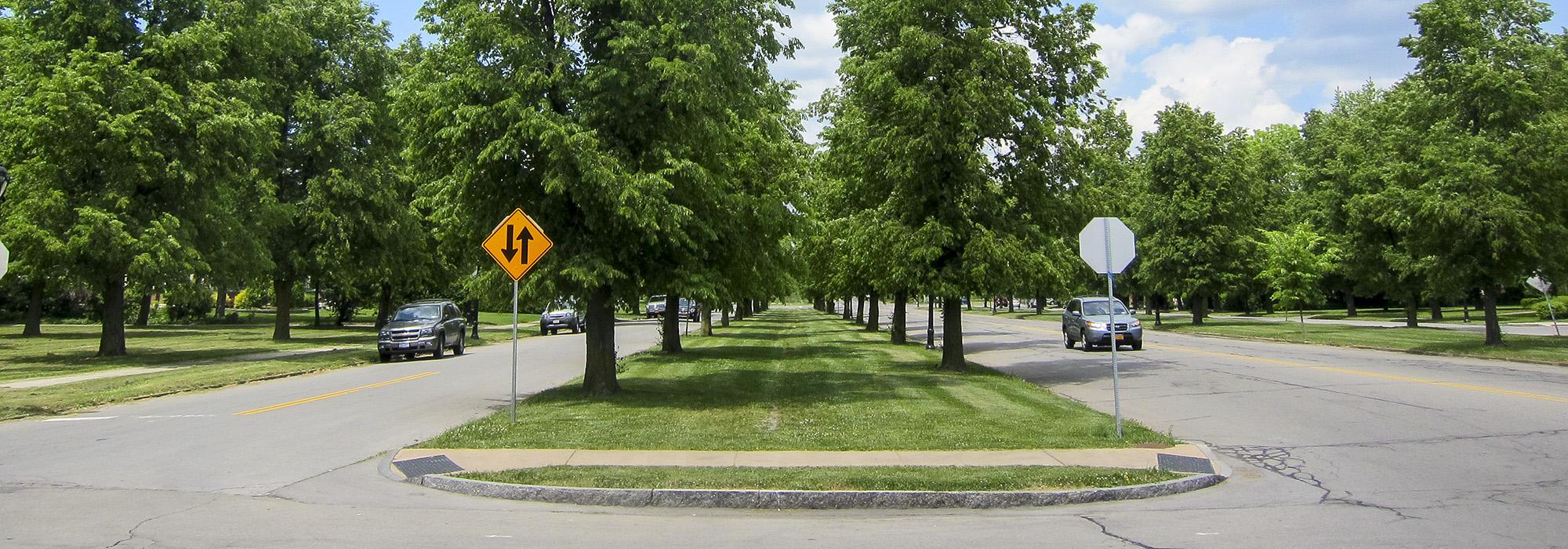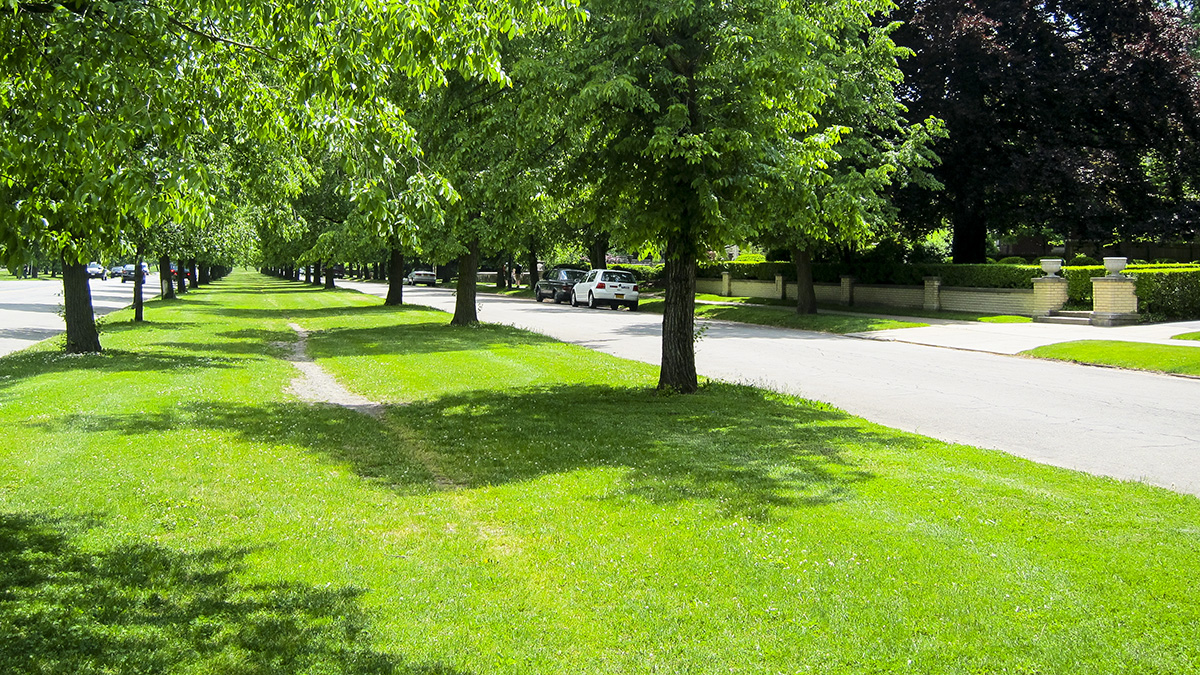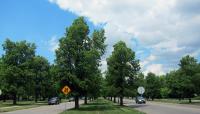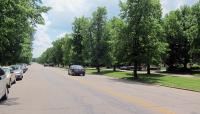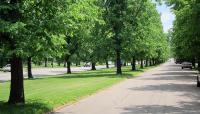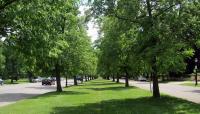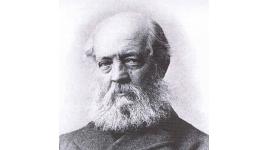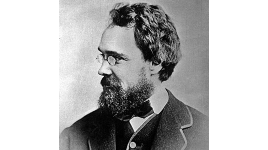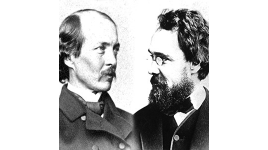Landscape Information
Proposed in 1868 by Olmsted, Vaux & Co. as part of the Buffalo Park and Parkway System and opened to traffic in 1873, this broad, tree-lined roadway was one of a trio forming a monumental entryway to Delaware Park. Collectively known as the West Side park approaches, these thoroughfares rivaled the size and grandeur of Baron Haussmann’s Parisian boulevards, after which they were modeled. In particular, the passage northward along Lincoln Parkway from its origin at Soldiers Circle (originally Soldiers Place) to Delaware Park (originally The Park) has been compared to the entrance to Paris’ Bois de Boulogne along Boulevard de L’Imperatrice (now Avenue Foch). The parkways were designed to serve as extensions of the parks that they connected, bringing the sylvan experience of the greensward deep into the city’s street grid. From 1869 to 1915, the Board of Park Commissioners controlled Buffalo’s parkways, protecting their park-like atmosphere by limiting commercial development and prohibiting commercial traffic. Lined by stately homes built during that period of careful management, Lincoln Parkway has maintained its residential setting.
Named for Abraham Lincoln, this 200-foot-wide thoroughfare consists of a broad, central roadway flanked by service roads separated by grassy medians that are canopied with double rows of American elm trees. This triple roadway runs some 2,000 feet through the Elmwood Historic District, dropping the service roads before it enters the park before crossing Hoyt Lake via the 75-foot-wide Lincoln Parkway Bridge. An ornate, wooden structure designed by Vaux in 1872, the bridge was rebuilt in durable cast iron in 1890, then remodeled in its current stone construction in preparation for the staging of the Pan-American Exposition in the park in 1901. The parkway is a contributing feature of the Olmsted parks and parkways listed in the National Register of Historic Places in 1982. In 2004 the maintenance and operation of the park system was ceded to the Buffalo Olmsted Parks Conservancy.



